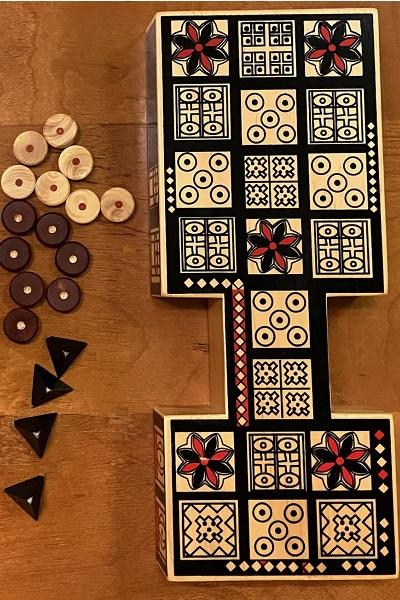
This story, about the murder of several police officers in a fictionalized New York City, is the first in Ed McBain’s long-running 87th Precinct series. Cop Hater is clearly a relic of the past, and yet does not suffer in comparison to current mysteries. At slightly under 250 pages, it moves along at a fast clip. Ed McBain the author was once Evan Hunter the journalist, and it shows in his no-nonsense, telegraphic style. He clearly never met a thesaurus he liked, and yet he provides a better portrayal of any story element in a two-page sketch than many modern novelists do in twenty.
Originally published in 1956, Cop Hater makes an interesting period piece. The reader must hearken back to the days when police officers didn’t have cell phones ready, but instead relied on phone booths and cooperative merchants to place their telephone calls. Written before Miranda v. Arizona, there are several occasions in the book when a given suspect will ask for a lawyer and is told he doesn’t need one. A detective speaks to a journalist, with the naïve belief that what he says is off the record. Blood types are described as a major kind of forensic evidence, and blood tends to flow freely when interrogations get tense. There are, of course, no policewomen at all. The writer of a historical novel might sprinkle these sorts of details deliberately throughout the text to convey atmosphere; in Cop Hater they occur naturally.
Certain aspects of Cop Hater will also strike the reader as stock elements of police procedurals…until she remembers that McBain was the one who created them. Many of the denizens of the 87th Precinct are world-weary detectives, overworked and underpaid. Their work partners are closer to them than their marital partners are. They sometimes have substance abuse issues, and always fight for decent transportation from the motor pool and for respect from the civilian population. Most of all, they work more or less within the system they have, as unjust as the law may be. With the 87th Precinct novels, McBain arguably demonstrated that, not only would he create the pattern for the modern American police procedural, he would set the standard by which others would be judged.



